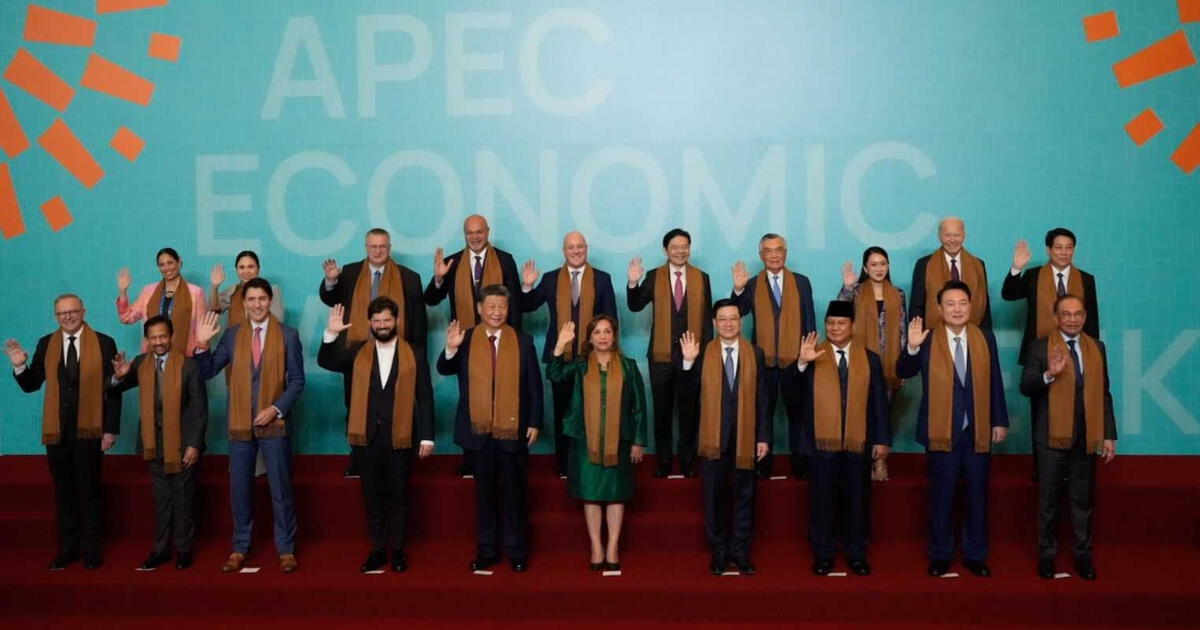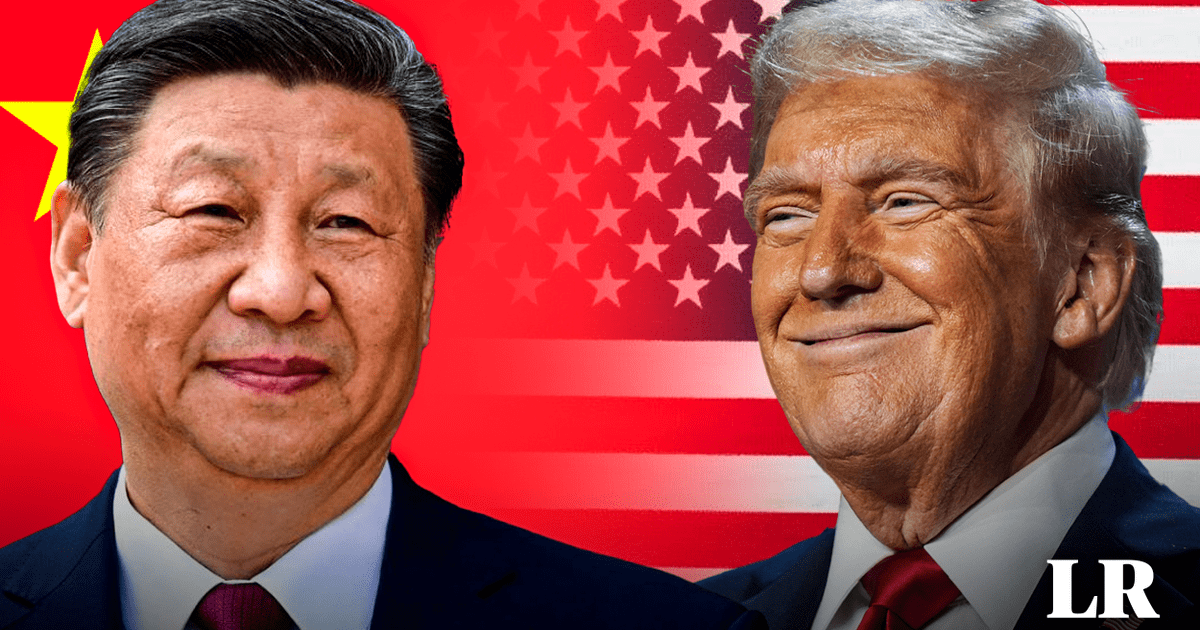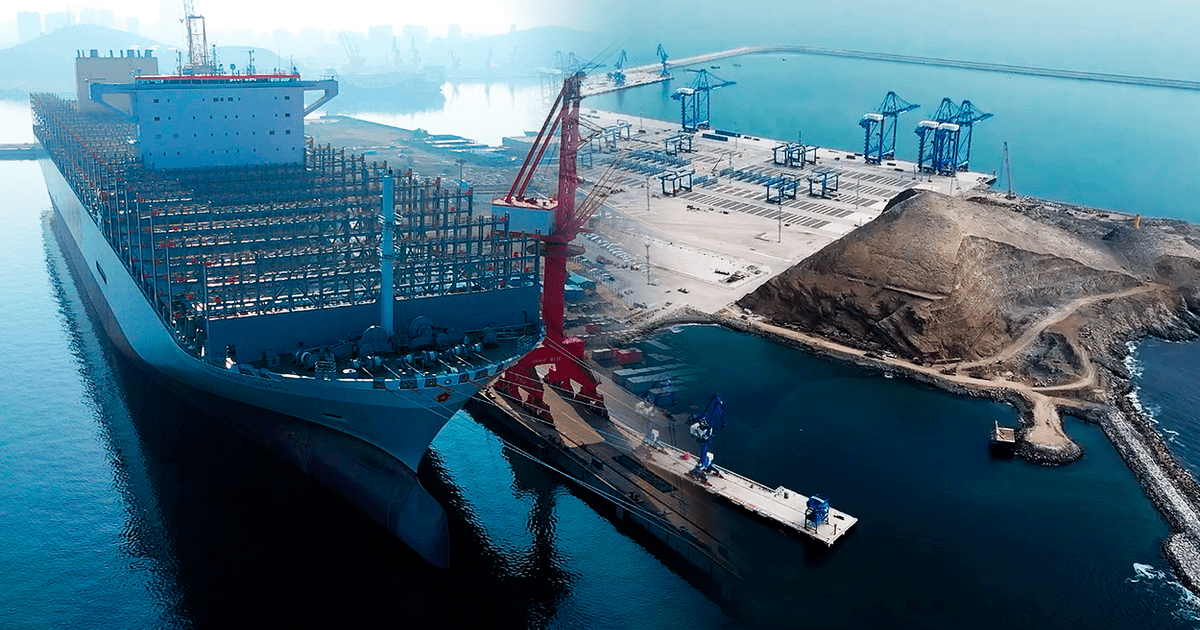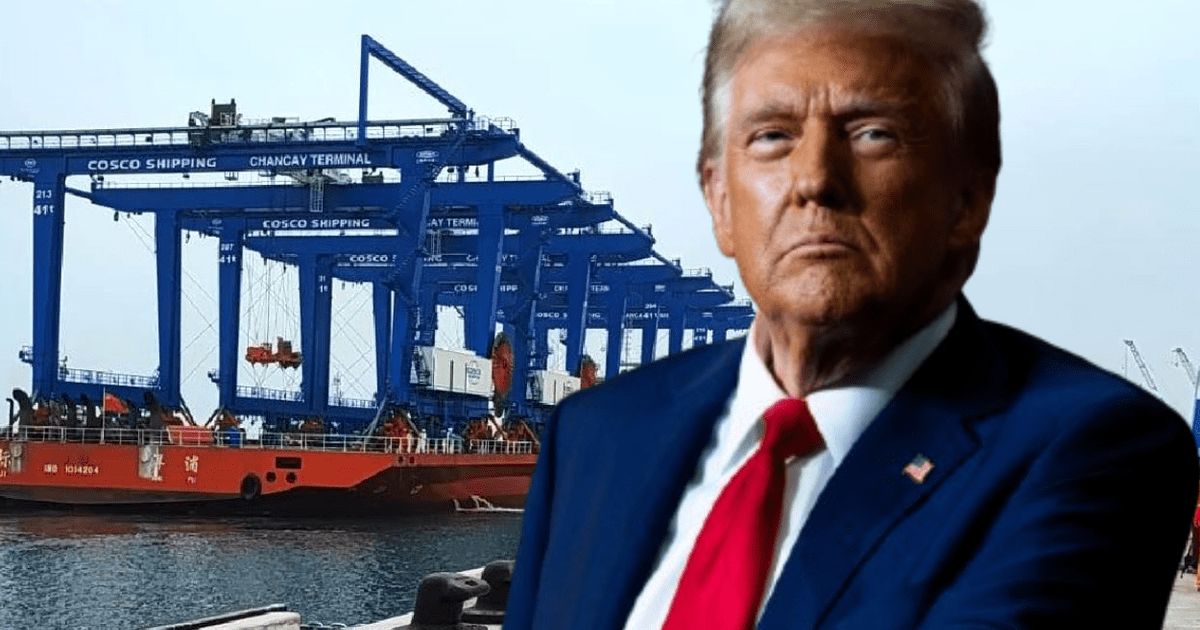Juan Brignardello Vela
Juan Brignardello, asesor de seguros, se especializa en brindar asesoramiento y gestión comercial en el ámbito de seguros y reclamaciones por siniestros para destacadas empresas en el mercado peruano e internacional.




During the recent 31st Informal Meeting of Leaders of the Asia-Pacific Economic Cooperation (APEC), Chinese President Xi Jinping emphasized the importance of stability and fluidity in supply chains and industries in the region, reaffirming China's role as a key economy in the Asia-Pacific. In his address, Xi presented three fundamental proposals aimed not only at strengthening the regional economy but also at promoting sustainable and equitable development in the current context of global uncertainty. Xi Jinping's proposals include the establishment of an open and integrated cooperation framework in the Asia-Pacific, a push towards growth based on green innovation, and the consolidation of a development model that is inclusive and equitable. These initiatives reflect the high priority that China places on the development of the region and its firm commitment to economic integration and the connectivity of supply chains, which are vital elements for sustained growth. Xi emphasized that economic globalization is an objective necessity in the development of productive forces, advocating for a focus on solid global economic growth and reforming the global economic governance system. Through his speech, the Chinese president resonated with numerous international leaders who also see cooperation as the key to addressing global challenges and achieving shared development. The proposals presented by China are not mere statements of intent; they translate into concrete actions. Under the framework of the Forum on Strengthening Supply Chain Resilience, China called on the international community to expand cooperation and enhance the security of industrial and supply chains. This approach aligns with China's active participation in negotiations in innovative areas such as the digital economy, big data, and artificial intelligence, seeking to build sustainable and green supply chain systems. Furthermore, Xi Jinping has strongly rejected the policies of "decoupling" and "supply chain disruption" that have begun to emerge in the international landscape. Instead, the president advocates for an open economy and regional integration as fundamental pillars for growth. In this way, China positions itself as a defender of the public good nature of supply chains, committing to ensuring the stability of its own chains and actively contributing to global economic governance. China's commitment to inclusive and green development reflects its responsibility as a major power. By fostering an open and integrated cooperation framework, as well as innovative growth, Xi Jinping not only injects new vitality into the economic development of the Asia-Pacific but also contributes to the stability and prosperity of the global economy. China's vision aligns with the aspirations of countries in the region, which seek a more interconnected and resilient future. As the world faces economic complexities and global challenges such as climate change and geopolitical tensions, China's stance on cooperation in industrial and supply chains becomes increasingly relevant. The proposal for inclusive and equitable development not only aims to benefit larger nations but also highlights the importance of including developing countries in this process. On the horizon, China is committed to continuing to deepen its cooperation with Asia-Pacific countries, driving the process of regional economic integration and opening the door to a new era of development. This collaborative approach could be the key for the region to adapt to the changing dynamics of the global economy and effectively address future challenges. In conclusion, the APEC meeting and President Xi Jinping's proposals mark a turning point in economic cooperation in the Asia-Pacific. With a focus on the stability of supply and industrial chains, and a strong commitment to integration and sustainable development, China reaffirms its role as a growth engine in the region and a key player on the global economic stage. Regional cooperation could be the answer to building a more prosperous and resilient future for all involved countries.








